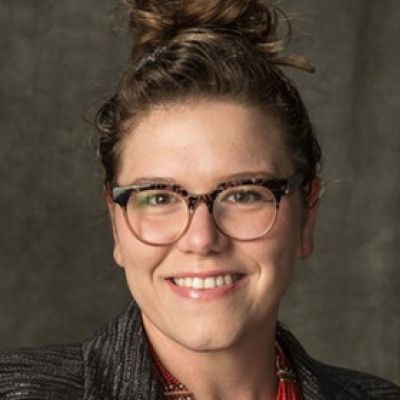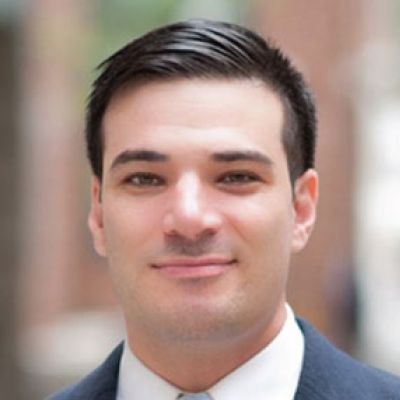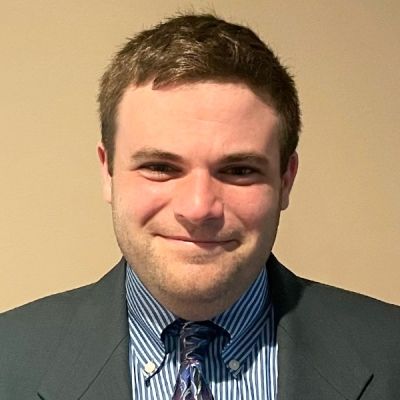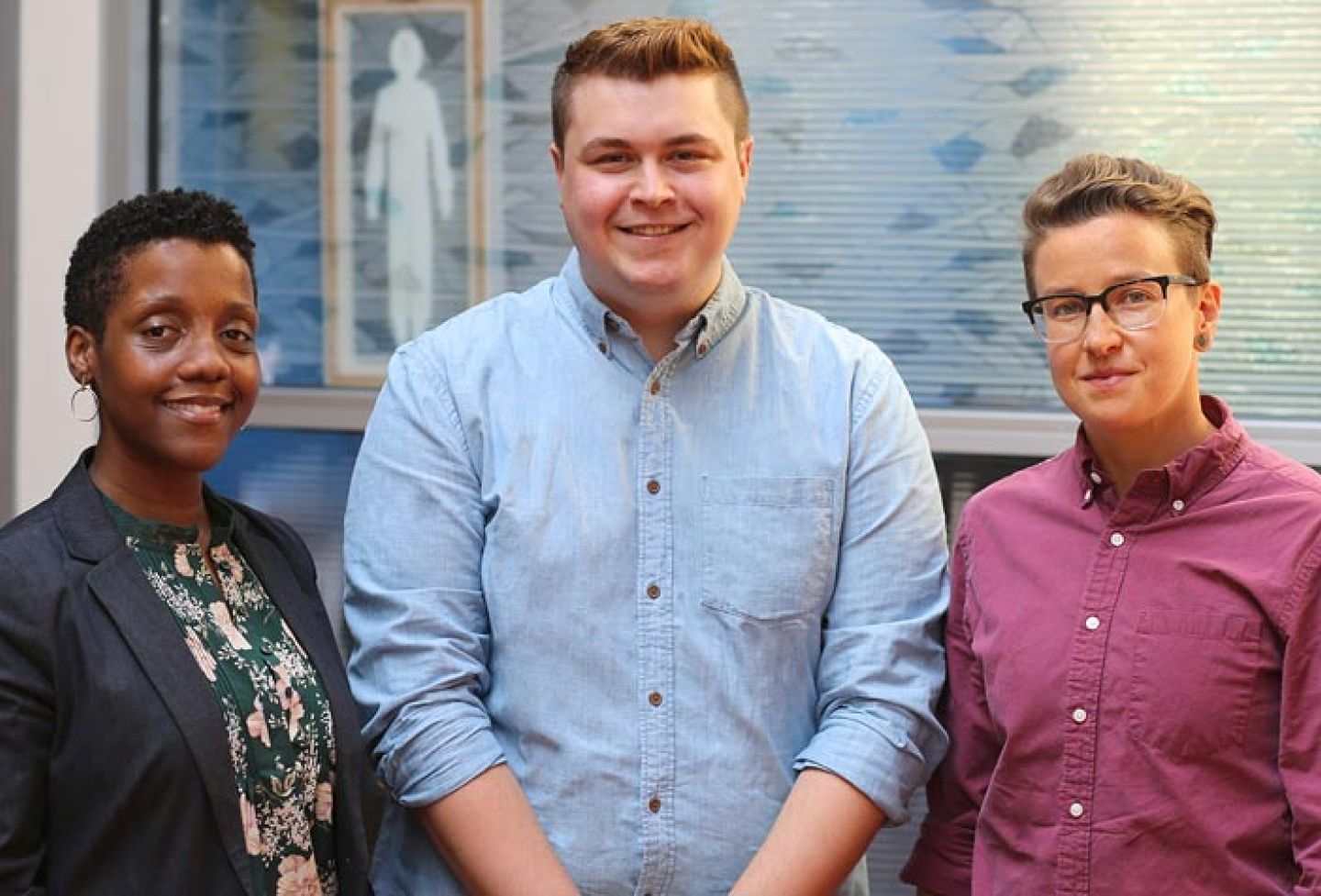This yearlong clinical course is offered in partnership with the Legal Aid Justice Center, and course meetings are typically held at the law school. LAJC’s clinics are designed to educate students about the range of strategies used by attorneys to identify, investigate and attack systemic injustices, encouraging holistic and community-partnered approaches to lawyering.
The Civil Rights Clinic capitalizes on the work of LAJC's Civil Rights & Racial Justice Program by tapping into the legal and organizing networks already working to address inequities at the local and state levels, and expanding that work in ways that will have a national as well as generational impact.
Students provide direct representation to clients as well as participate in impact advocacy, including complex litigation in federal court, expungement and fines and fees litigation in Virginia courts, parole advocacy in an administrative setting, legal support for community education and organizing, and legislative and policy advocacy. Students acquire translatable skills that will be valuable to a wide range of future employers, from private firms with federal litigation practices to fellowships with prestigious civil rights and legal services firms outside of Virginia.
Students enrolled in the clinic come away with a deeper understanding of the relationship between race and poverty in America and the role of lawyers in challenging policies and practices that perpetuate poverty. The experience of lawyering for change will not only be intellectually challenging and personally fulfilling, but also will profoundly influence the way students engage in conversations about the critical issues of the day around dinner tables, boardrooms, courthouses and other public forums long after they graduate from the Law School. Students will engage in casework on multiple campaigns throughout the year and will be responsible for drafting memoranda, correspondence, legal pleadings and policy materials as assigned projects dictate.
During the fall and spring semesters, students meet weekly for two hours at the law school for instruction and case supervision. During the fall semester, the two-hour weekly class session includes the clinical seminar, which provides students with an understanding of the legal obstacles confronting low-income communities, the various legal systems and settings in which the students will work, and generalized instruction regarding civil rights advocacy. It also includes case and project supervision, where students meet in small groups with their supervising attorneys. During the spring semester, the majority of the two-hour weekly class session is spent on case and project supervision. Students meet with supervising attorneys outside of weekly supervision as necessary. Because students may participate in frequent visits to correctional centers, a background check may be required.
Attendance is required on the first day of class.
PREREQUISITES: None. Because the credits in this course count toward the J.D. program’s professional skills requirement, J.D. candidates are given enrollment priority for this class.
IMPORTANT: All clinic participants must attend an “Orientation to Law Clinics at LAJC” session at the start of the semester. This session will provide clinic participants with necessary information about working with LAJC and its client community. It will be held on Monday, Aug. 29 from 10 a.m.-2:30 p.m.
Previous Clinic Projects
Scott v. Clarke
Two Civil Rights Clinic students worked with an incarcerated diabetic patient at the Fluvanna Correctional Center for Women to write a compelling declaration detailing her suffering during the COVID-19 lockdown. They spent hours interviewing her, crafting a statement in her own words, and reading it back to her line by line to get her approval. After considering the briefing, Judge Norman K. Moon required the facility to provide a variety of information about its COVID-19 response.
Decarceration in Charlottesville
Two Civil Rights Clinic students, in coordination with LAJC’s work with the People's Coalition, created a presentation focused on alternatives to incarceration as a response to community mental health concerns, that was distributed to Charlottesville City Council, the Regional Jail Board and used by community groups for further advocacy.
Fines and Fees
A Civil Rights Clinic student, under the supervision of an LAJC attorney, successfully represented a low-income, disabled Virginian who was being hounded for payment of 30+ year-old debt.
To be considered for this clinic, students must both rank the clinic in the clinic lottery and submit application materials within the timeline set by the Student Records Office. Students selected for the clinic through the clinic application/lottery process will be automatically enrolled prior to the regular course lottery.
The positions that the clinic takes on behalf of its clients are independent of those of those of both the University of Virginia and the Law School. See ABA Model Rule 1.2 and Virginia Rule 1.2, Comment [5].
This material is for informational purposes only and not for the purpose of providing legal advice. Use of this website does not create an attorney-client relationship. You should contact an attorney to obtain advice with respect to any legal issue or problem. The positions that the clinic takes on behalf of its clients are independent of the views of the University of Virginia or the School of Law.



